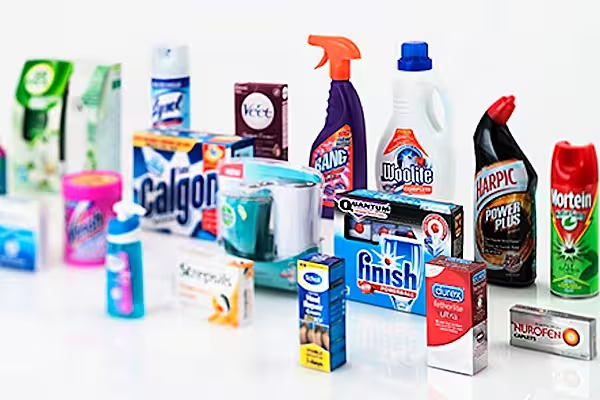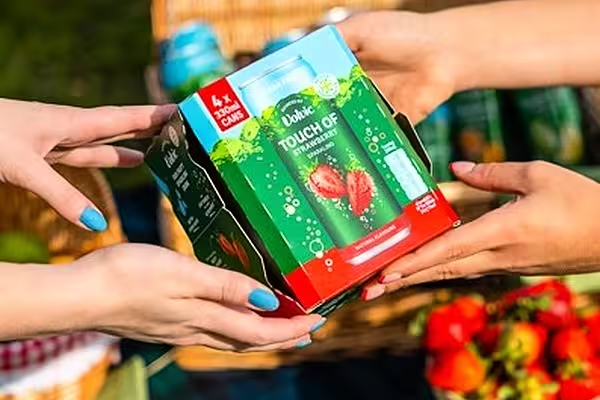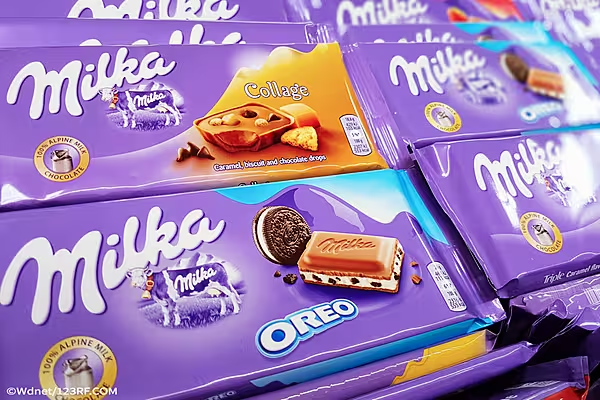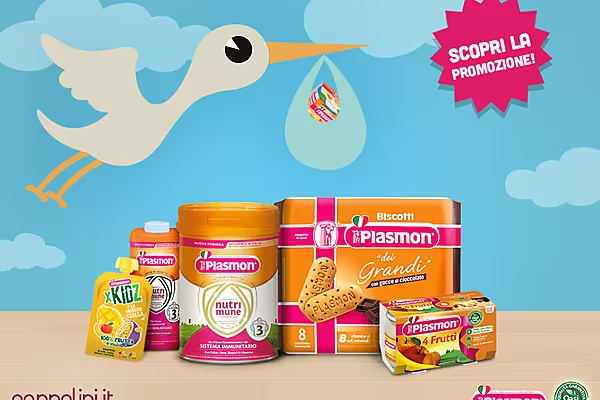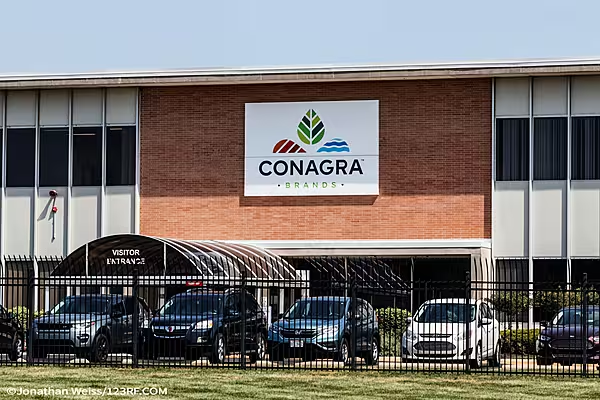A reversal of fortune at two of its businesses has bought new Reckitt Benckiser chief executive Laxman Narasimhan some time after pressure for a break-up of the household goods maker.
Some investors have been arguing that Reckitt should sell its Hygiene and Home business, which includes Lysol disinfectants and Air Wick fresheners and is known as 'HyHo', and focus the resulting funds on a still deeply fragmented healthcare market instead.
For years HyHo accounted for some 95% of sales at Reckitt sales, which competes with consumer goods giant Procter and Gamble, but a decline after 2008 and a shift to consumer healthcare and wellness cut this to 38% by the end of 2018.
HyHo Outperforms Health Division
But in a turnaround, HyHo has now outperformed Reckitt's Health division, which includes Mucinex cough syrup and Strepsils lozenges, in all but one quarter since former CEO Rakesh Kapoor split them in 2018.
"The HyHo division is actually doing quite well finally and if that's the case and if the foundation of the good execution was laid down by the old CEO, I don't know why Laxman should change that," said Pieter Fourie, head of global equities at Sanlam, which began building a holding in Reckitt two years ago, partly betting on a break-up.
A Reckitt Benckiser spokeswoman said that Narasimhan, who took over in September, would address investor concerns related to margins and growth targets on Thursday (27 February) when the company is due to report its annual results.
Tineke Frikkee, Head of UK equities at Reckitt shareholder Waverton Investment Management, expects the company will find a way to satisfy its investors.
"I thought the break-up would be the catalyst to get the valuation up. Now that is pushed out," she said.
There was still some goodwill among shareholders towards Reckitt, which Frikkee said was "fair, because they will probably fix it".
Fat Margins
Reckitt has struggled to recover from a disastrous run in 2016 and 2017 when it was hit by a cyber attack on its distribution systems, a major South Korean lawsuit about air purifiers and the failed launch of new Scholl foot files.
Once a sector outperformer, the company now trades at about 19.6 times forward earnings compared to 24.4 times for P&G and 23.6 times for Nestlé, Refinitiv Eikon data shows.
By contrast, its operating margins are the sector's best - 25% compared to an average of 15% at P&G, Nestlé and Unilever - but at those levels it has struggled to revive sales.
Narasimhan expects sales this year to be flat or a maximum of 2% higher. The consensus among analysts is at the bottom of that range, company-compiled estimates and Refinitiv data show.
Another fund manager, who asked not to be named but is among Reckitt's 30 biggest shareholders, said the company had the space to accept lower margins in exchange for more sales growth but would need more capital spending.
"Reckitt Benckiser now requires a series of investments," he said.
